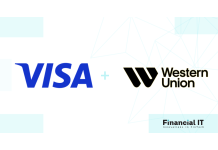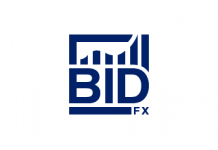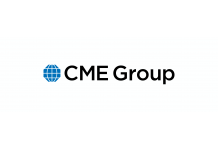Xoom Enables PayPal USD as a Funding Option for Cross-...
- 05.04.2024 10:30 am
Travelex Wins Munich Airport Tender
- 27.03.2024 10:55 am
Visa and Western Union Announce Expanded Collaboration...
- 06.03.2024 09:35 am
iFX EXPO Dubai 2022 – Grow your Brand, Generate Leads...
- 21.12.2021 03:39 pm
AIRSOFT Team Steps Up To Meet Broker Challenges
- 25.02.2021 09:10 am
Spuerkeess Selects Integral for FX Technology Solutions
- 04.02.2021 01:53 pm
Genesis Launches FX Prime Trade Capture Application
- 21.01.2021 09:55 am
Integral Extends Decade-Long Partnership With IS...
- 12.01.2021 03:21 pm
Leverate and Sumsub to Reinforce Foreign Exchange...
- 14.12.2020 03:45 pm
BidFX Expands Algo Hub, Adds State Street’s Algorithms...
- 08.12.2020 07:16 pm
Cobase and Ebury Partner on FX Services
- 01.12.2020 12:10 pm
triBalance Completes First FX SA-CCR Optimization Cycle
- 13.11.2020 04:42 pm






















